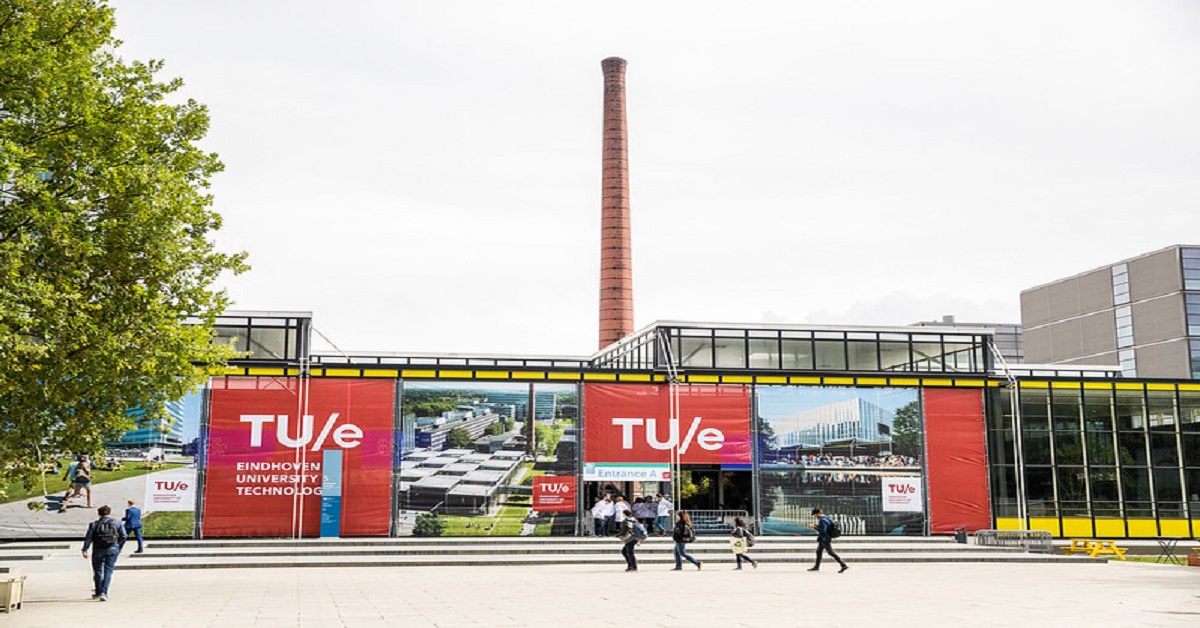
PhD Scholarships at Eindhoven University of Technology, a technical university in the Netherlands, operating in English.
Education, Scholarships and Research

PhD Scholarships at Eindhoven University of Technology, a technical university in the Netherlands, operating in English.